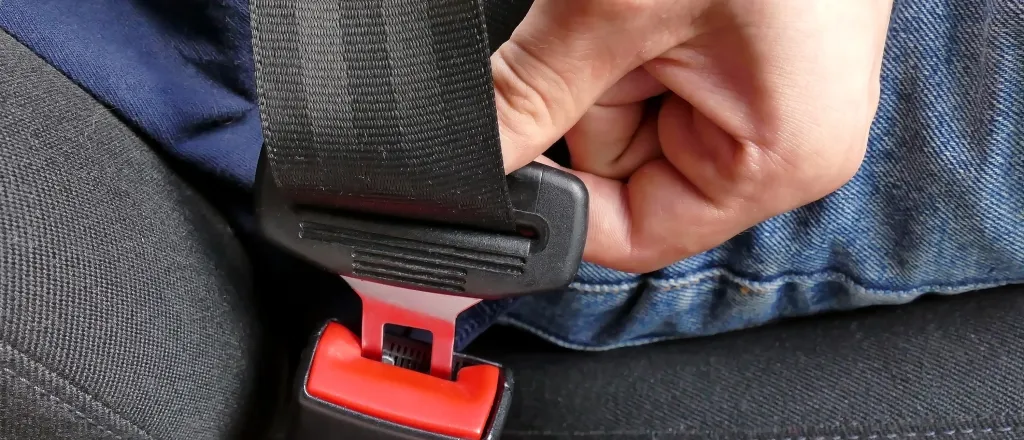
Colorado Senate approves ride-sharing safety bill with substantial amendments
Lawmakers heavily amended a bill on Tuesday that aims to improve safety for users of ride-sharing services like Uber, two weeks after the company threatened to pull out of the state if the legislation became law unchanged.
The Senate then gave preliminary approval to the bill after the amendments. It will be up for a final recorded vote on Wednesday, the last day of the 2025 regular lawmaking session.
“Uber and Lyft have severe safety issues and are in crisis, whether they want to admit it or not. It’s why they’ve spent billions of marketing to convince the public they are safe,” said bill sponsor Senator Faith Winter, a Broomfield Democrat.

Colorado Capitol Building Denver © iStock - kuosumo
In Uber’s latest U.S. safety report, it found 2,717 reports of sexual assault in 2021 and 2022, with the majority of victims being riders.
“Transportation network companies like Uber and Lyft exercise full control over their platforms and have continually implemented the lowest-cost safety measures, which are inadequate,” Winter said. “They profit off of people, taking them at their word that they are safe.”
As introduced, Senate Bill 25-1291 would mandate stricter, more frequent background checks and clearer disqualifications for drivers with histories of assault, harassment, kidnapping, menacing or domestic violence. It would require companies to establish and enforce policies around preventing account sharing or driver impersonation. Drivers would be prohibited from offering food or drinks to riders.
It also would have required continuous audio and visual recording during drives.
The bill was introduced and championed by Representative Jenny Willford, a Northglenn Democrat, who sued Lyft earlier this year over an alleged sexual assault that occurred last February. The driver during the incident was using someone else’s account.
But the provisions faced staunch opposition from ride-sharing companies. Uber said last month, as the bill passed a Senate committee, that it would exit Colorado because the law would create too great a legal risk to operate, according to The Colorado Sun. That prompted a series of sweeping changes on Tuesday as the Senate considered the bill. Winter said sponsors worked with Lyft on the amendments.
Recording optional
The biggest amendment allows for drivers and riders to opt in to video and audio recording instead of requiring it. The state’s public utilities commission would adopt rules about the recordings, including education about the safety benefits for companies.
Sponsors said the amendment was hard to accept.
“A driver whose intent is to traffic, kidnap or assault someone is not going to create their own evidence,” bill sponsor Senator Jessie Danielson, a Wheat Ridge Democrat, said. “This is the thing we didn’t want to give away, but we acknowledge there are concerns from drivers, companies and civil rights groups. We couldn’t get there on this go-around, how to require the driver to film and still preserve these rights.”

Another amendment narrows the scope of when someone could bring a lawsuit against a driver or rider to instances of sexual assault, kidnapping, personal injury and death.
A driver would also need to notify the company within 48 hours of a guilty plea for an offense that would disqualify them from driving, and an amendment removed the company’s liability if a driver does not report.
Lawmakers also approved an amendment that would allow the water and food ban to be enforced through random compliance checks, and would allow companies to remove driver ratings and reviews they deem bias-motivated.
Additionally, an amendment changed the timeline for a company to review a complaint against a driver to seven days from 72 hours.
It’s unclear if the changes will sway Uber’s position.
“Last-minute changes and a rushed process have made this legislation incredibly challenging. With new provisions added just this morning without the opportunity to review, we need time to thoroughly evaluate the bill to determine whether it is workable,” a spokesperson wrote in an email.
Winter said sponsors worked with stakeholders, including Lyft, on amendments.
If the Senate passes the bill Wednesday, it will head back to the House to concur with the amendments and then to the governor’s desk for a signature.
















